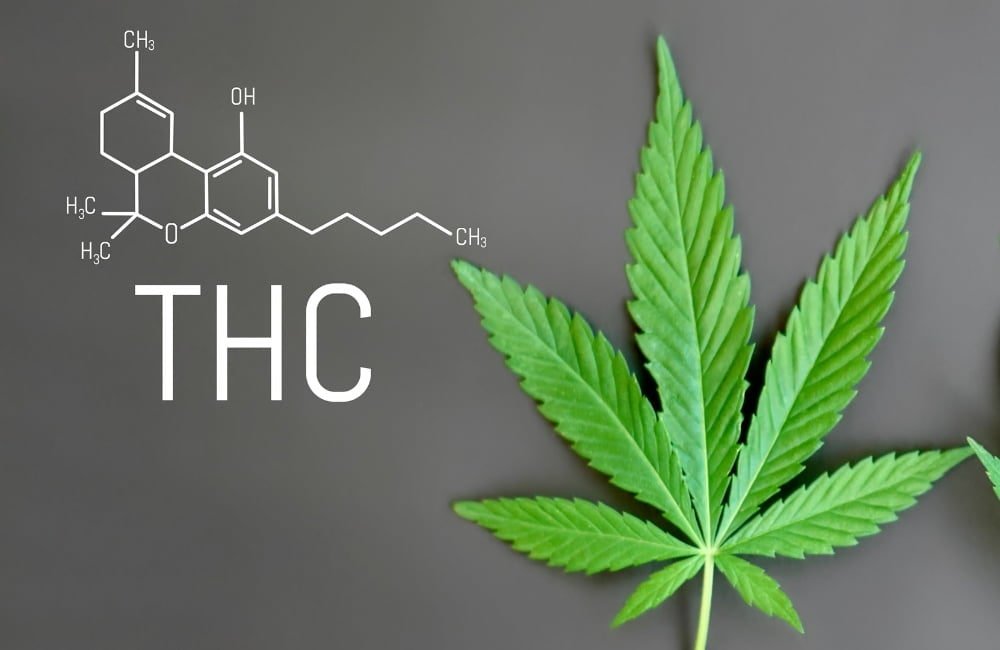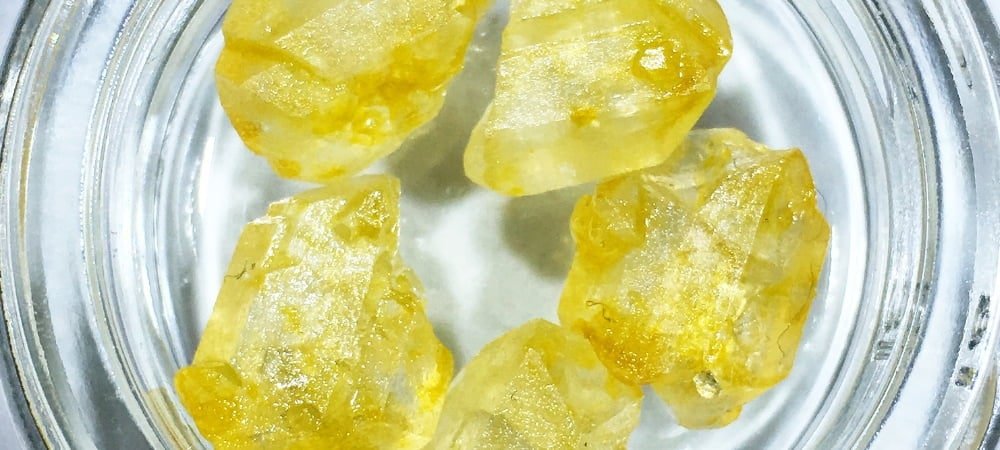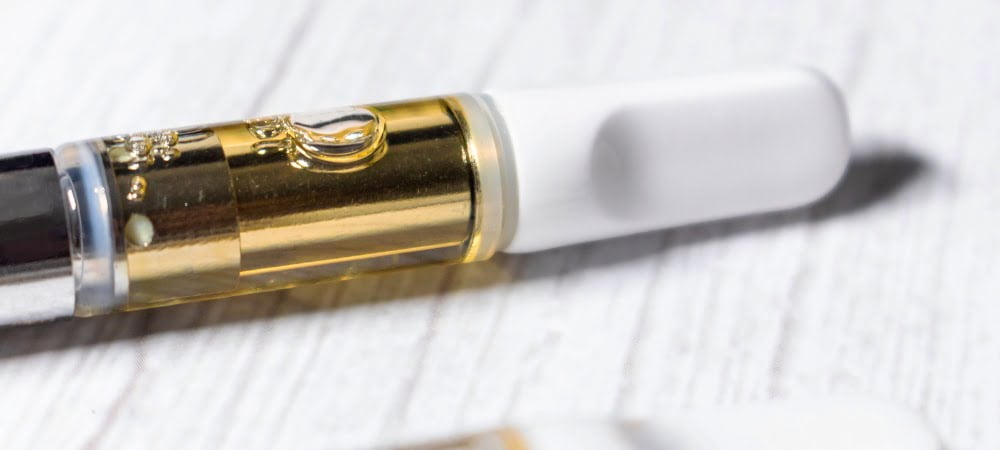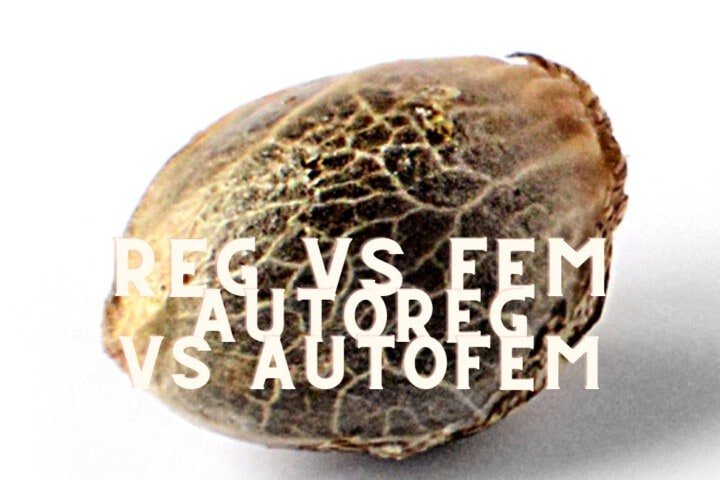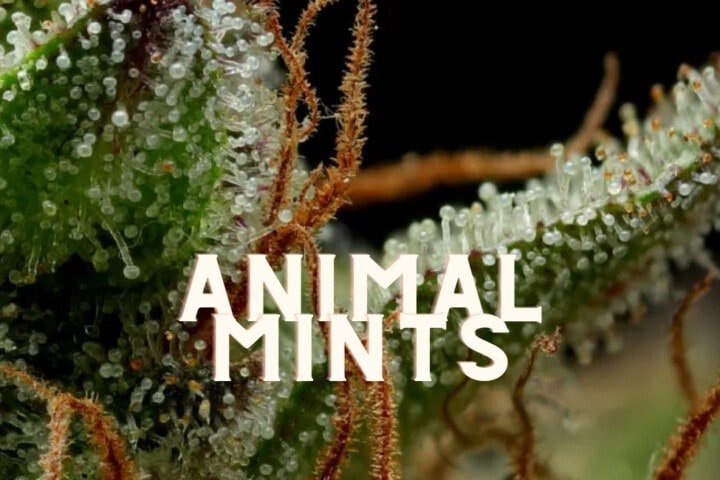THC: What it is, Where it is found, Effects & Therapeutic Properties and Laws
Welcome everyone to this new chapter of our blog about THC, the most important cannabinoid produced by Cannabis plants! After seeing The Effects of Cannabis last year, get ready for this specific new article on THC!
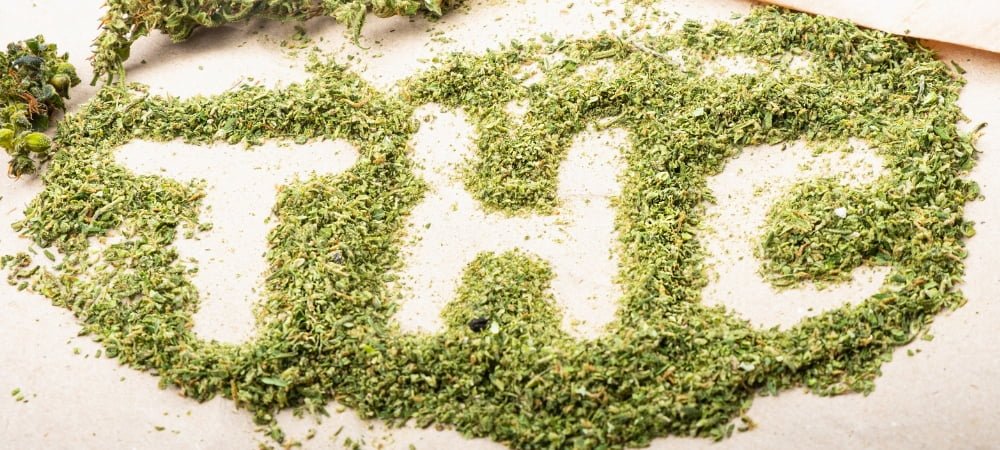
What is the THC?
THC, an acronym for tetrahydrocannabinol, is one of the main chemical compounds found in the cannabis plant. It belongs to a class of chemicals called cannabinoids, which are responsible for the psychoactive effects associated with marijuana use. THC is considered the main psychoactive component of the cannabis plant and has been the subject of numerous scientific studies.
From a chemical point of view, THC is an organic compound that belongs to the terpenophenol family. Its molecular structure is composed of 21 carbon atoms, 30 hydrogen atoms and 2 oxygen atoms. This complex chemical structure is responsible for interactions with the human body’s endocannabinoid system, which regulates a number of physiological functions.
When THC is ingested into the human body, it binds to the CB1 and CB2 cannabinoid receptors found in the central nervous system, immune system, and other body tissues. This interaction causes a variety of biological and psychoactive effects.
Where is THC found in nature?
THC is a chemical compound found primarily in the cannabis plant. Cannabis is a plant that can be grown and found in different parts of the world. There are several varieties of cannabis, including Cannabis sativa, Cannabis indica, and Cannabis ruderalis, which can contain different concentrations of THC.
The female flowers of the cannabis plant are generally considered to contain the highest concentration of THC. These flowers, commonly referred to as “buds” or “buds”, are harvested for their cannabinoid content, including THC. It is in these parts that the THC is most concentrated and can be extracted for various uses.
In addition to the buds, THC can also be found in other parts of the cannabis plant, such as the leaves, stems and roots. However, the THC concentration in these parts is usually lower than in the buds.
What effects does THC have?
THC is known for its psychoactive effects and can affect the body and mind in a variety of ways. The effects of THC can vary from person to person, depending on several factors, such as the amount taken, the route of administration, individual tolerance and the mental state of the individual. Here are some of the common effects associated with THC consumption:
- Euphoria: THC can induce a feeling of euphoria or “high”, often accompanied by an increased sense of happiness and good mood.
- Relaxation: Many people experience a sense of physical and mental relaxation after taking THC. This effect can help reduce stress and anxiety.
- Alteration of sensory perceptions: THC can affect sensory perceptions, such as sight, sound and taste. People may perceive colors more intensely or have greater sensitivity to sounds and tastes.
- Memory Impairments: Some studies have shown that THC use can affect short-term memory and learning ability. People may have trouble remembering recent events or focusing on complex tasks.
- Increased Appetite: THC can stimulate appetite, commonly called “marijuana hunger”. This effect may be beneficial for people who have appetite problems or who need to increase their food intake for medical reasons.
- Effects on the motor system: THC can affect motor coordination and reaction time, making people slower in movement and reflexes.
- Anxiety and Paranoia: In some cases, THC use can cause anxiety, paranoia, or feelings of unease. This effect is more common in people who are already predisposed to these disorders or who take high doses of THC.
- Effects on the cardiovascular system: Taking THC can temporarily increase heart rate and blood pressure. This effect may be of particular concern to people with pre-existing heart problems.
- Importantly, the effects of THC can vary depending on the type of cannabis used. Some cannabis strains may contain higher concentrations of THC, while others may have a higher presence of other cannabinoids that can modulate the effects of THC.
In conclusion, THC is responsible for the psychoactive effects associated with cannabis use. While many effects are generally considered positive, such as euphoria and relaxation, it is important to be aware of potential side effects, such as memory impairment, anxiety or paranoia.
Applications of THC in modern medicine
THC, the main psychoactive compound in cannabis, has been shown to have a number of potential therapeutic benefits and is used in several medical applications in modern medicine. Here are some of the potential therapeutic benefits of THC:
- Relieve Pain: THC is known for its analgesic properties and can be used to relieve pain associated with conditions such as arthritis, cancer, fibromyalgia, and other painful conditions. THC acts on pain receptors in the nervous system, helping to reduce the perception of pain.
- Reduce Inflammation: THC has been shown to have anti-inflammatory properties, which may be helpful in treating inflammatory conditions such as rheumatoid arthritis and chronic inflammation. THC’s action on endocannabinoids in the immune system can help reduce inflammation and swelling.
- Stimulate Appetite: THC is known to stimulate appetite and can be used in the treatment of appetite disorders such as weight loss associated with medical conditions such as HIV/AIDS or cancer. The use of THC can increase feelings of hunger and improve nutrient intake.
- Reduce nausea and vomiting: THC has been shown to have antiemetic properties, which can help reduce nausea and vomiting associated with treatments such as chemotherapy or antiretroviral therapy. The use of THC can improve the quality of life of patients undergoing treatments that cause nausea and vomiting.
- Treat sleep disorders: THC can have a sedative effect and can be used in the treatment of sleep disorders such as insomnia. The use of THC can help induce deeper sleep and improve the quality of rest.
- Reducing Anxiety and Mood Disorders: While THC use may increase anxiety or cause paranoia in some cases, in appropriate doses and under medical supervision, THC can also have anti-anxiety and antidepressant effects. It can help reduce anxiety, relieve symptoms of mood disorders such as depression, and improve overall mood.
It is important to note that the use of THC for medical purposes should always be supervised by a qualified medical professional. The dose, route of administration and regular monitoring are essential to ensure the safety and effectiveness of the treatment.
You also need to consider that laws regarding the use of THC for medical purposes vary
THC Laws in the World
THC laws in Europe:
Laws on the use of THC vary from country to country in Europe. Some countries have legalized the medical and/or recreational use of cannabis, while other countries have more restrictive laws. For example, the Netherlands, Spain, Portugal, Italy and Germany have some tolerance towards the recreational and/or medical use of cannabis. Some countries, such as France and the United Kingdom, have more restrictive laws and ban the use of cannabis.
THC laws in Canada:
In 2018, Canada became the second country in the world, after Uruguay, to fully legalize the recreational use of cannabis. This means that adults can legally buy, possess and consume cannabis across the country. Additionally, Canada has a regulatory system for the medical use of cannabis, which allows patients to gain access to cannabis products for therapeutic purposes.
THC laws in North America:
In the United States, THC use laws vary from state to state. Some states have legalized the medical and/or recreational use of cannabis, while others maintain stricter restrictions. For example, California, Colorado, Washington and several other states have laws permitting the recreational and medical use of cannabis. Conversely, cannabis remains federally illegal in the United States, but enforcement of the laws varies from state to state.
THC laws in South America:
In South America, the approach to using THC varies from country to country. Uruguay was the first country in the world to fully legalize cannabis for recreational use. Other countries, such as Brazil, Argentina and Chile, have more liberal laws on the medical use of cannabis. However, there are still countries where the use of cannabis is banned or severely restricted.
THC laws in Australia:
In Australia, THC use laws vary from state to state. Some states have legalized the medical use of cannabis, while others have more restrictive laws. In 2016, Australia also passed legislation allowing the export of cannabis products for medicinal use. Recreational use of cannabis remains generally illegal in the country.
THC laws in Asia:
Most Asian countries have very strict laws on the use of THC. Many countries in Asia consider the use and sale of cannabis to be serious crimes, punishable by severe penalties, including imprisonment or the death penalty. However, some countries are starting to explore the medical use of cannabis, such as Japan, Thailand and Israel, which have all adopted laws to permit the limited medical use of cannabis.
It is important to remember that the above information may not be current or complete. Laws can change over time, so it is essential to check the current regulations in the countries of interest from official and reliable sources.
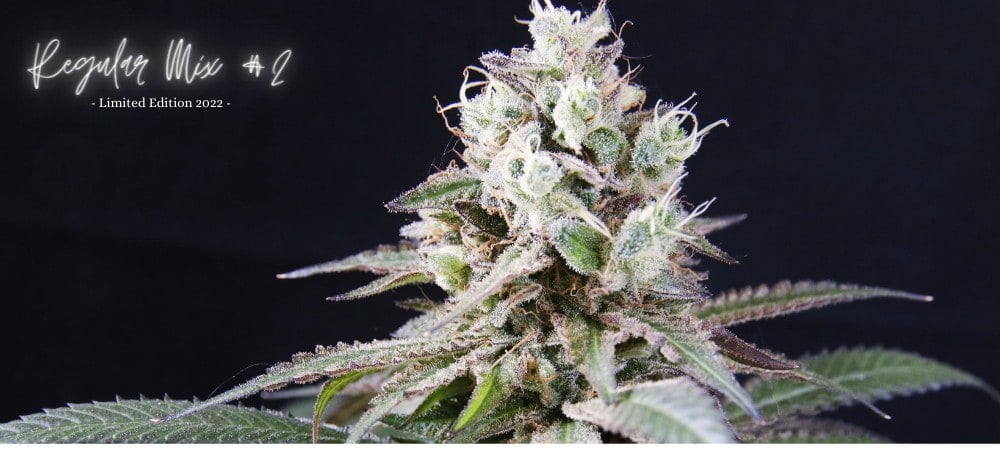
And that’s all for this article on THC, I hope we have been of help to you, see you in the next article!
Greetings from the Annibale Seedshop Team!
Davide V, CEO, Founder & Geneticist


